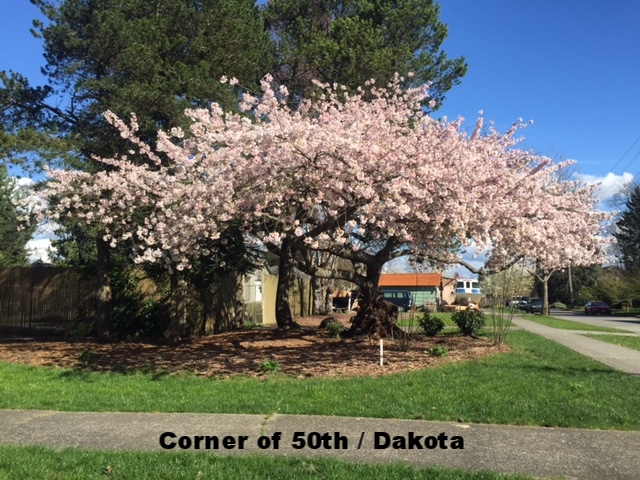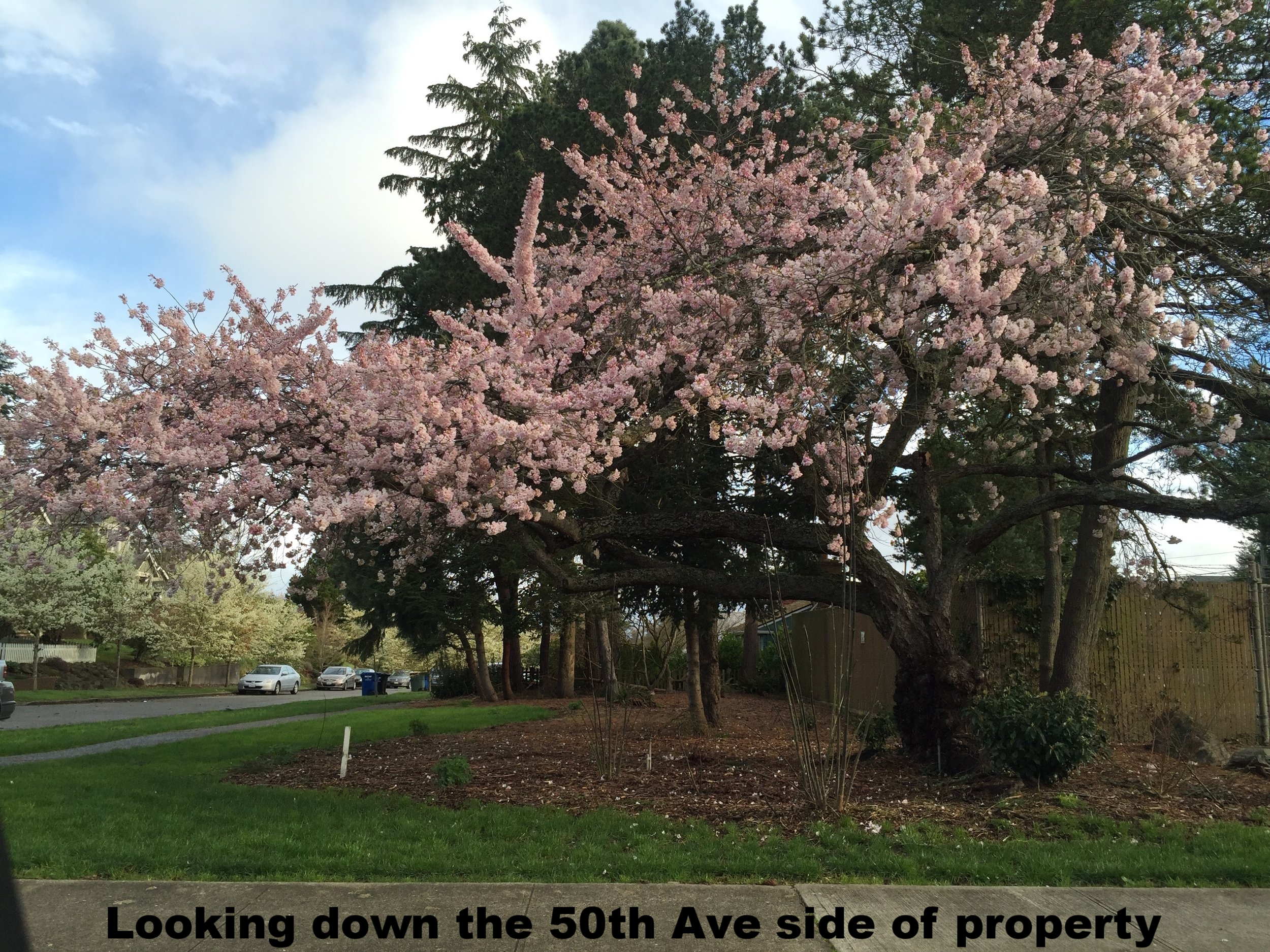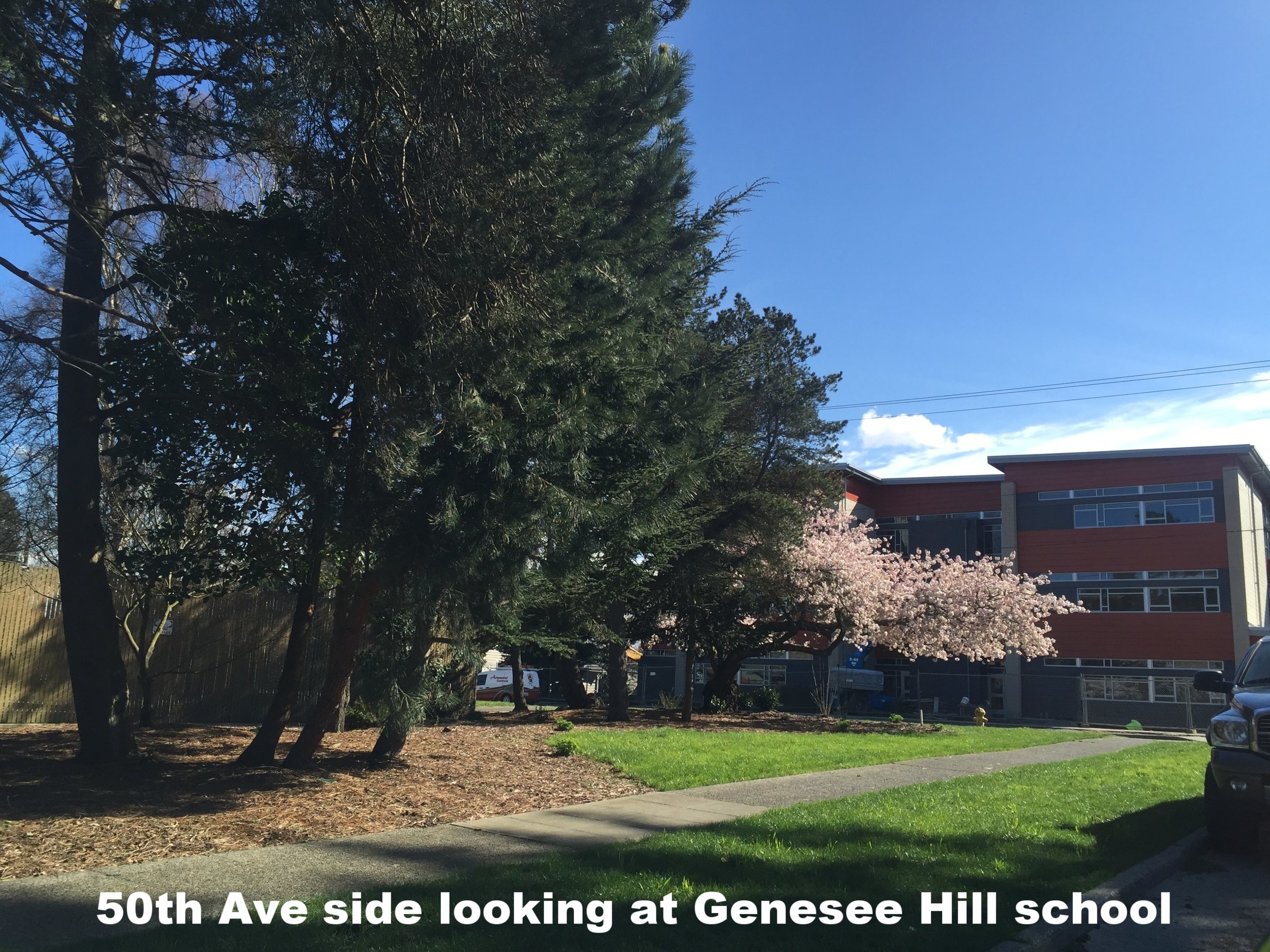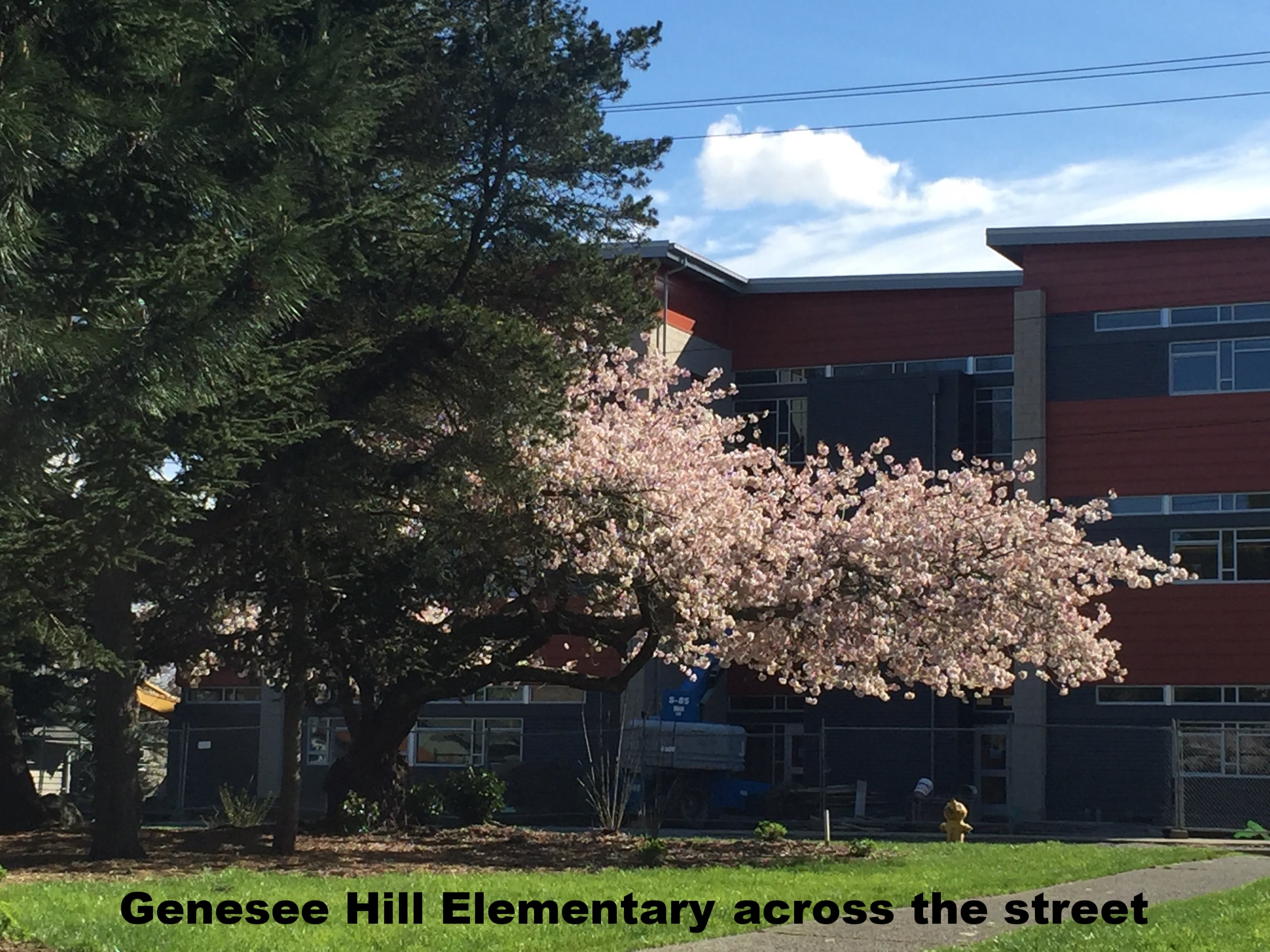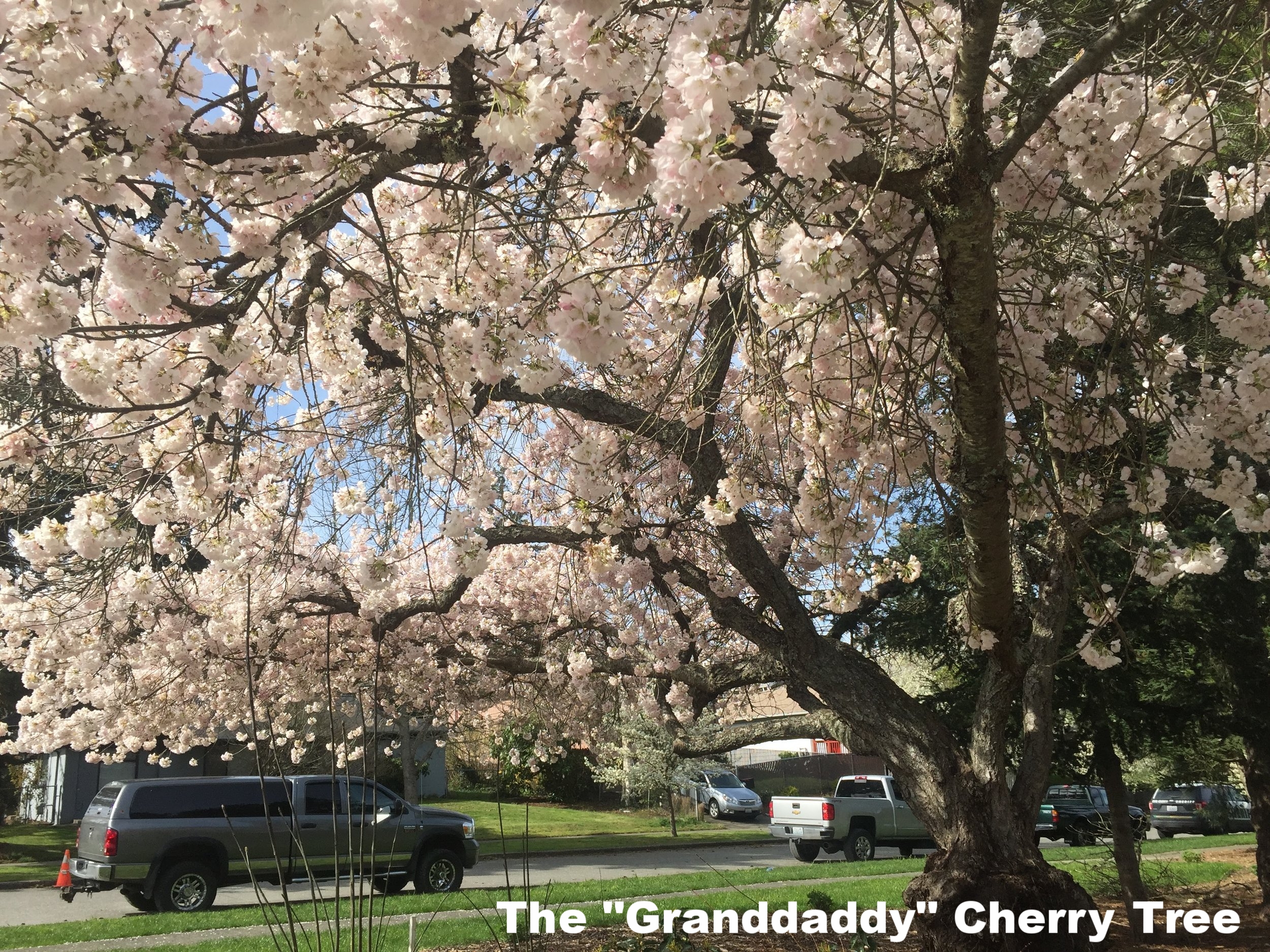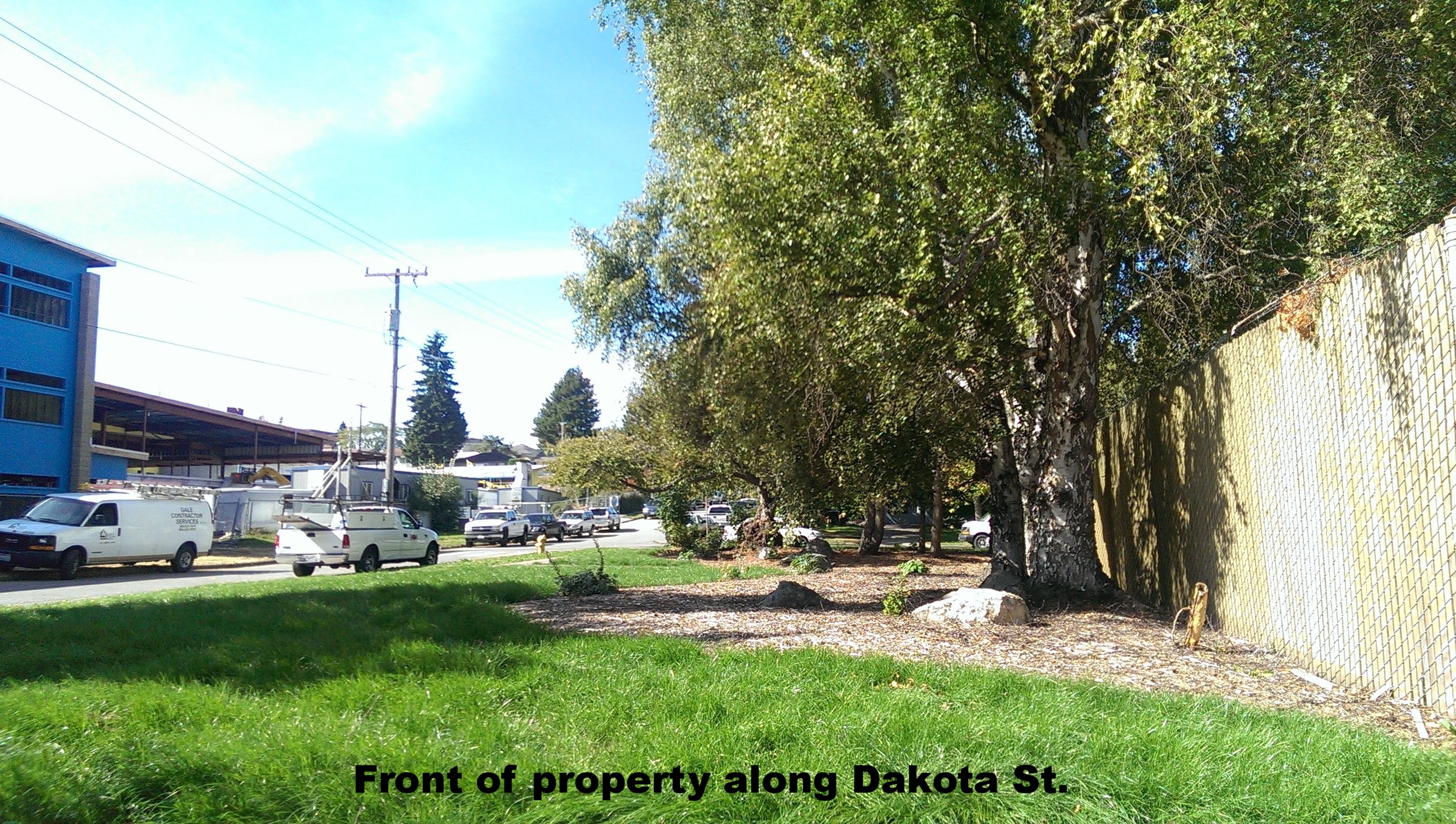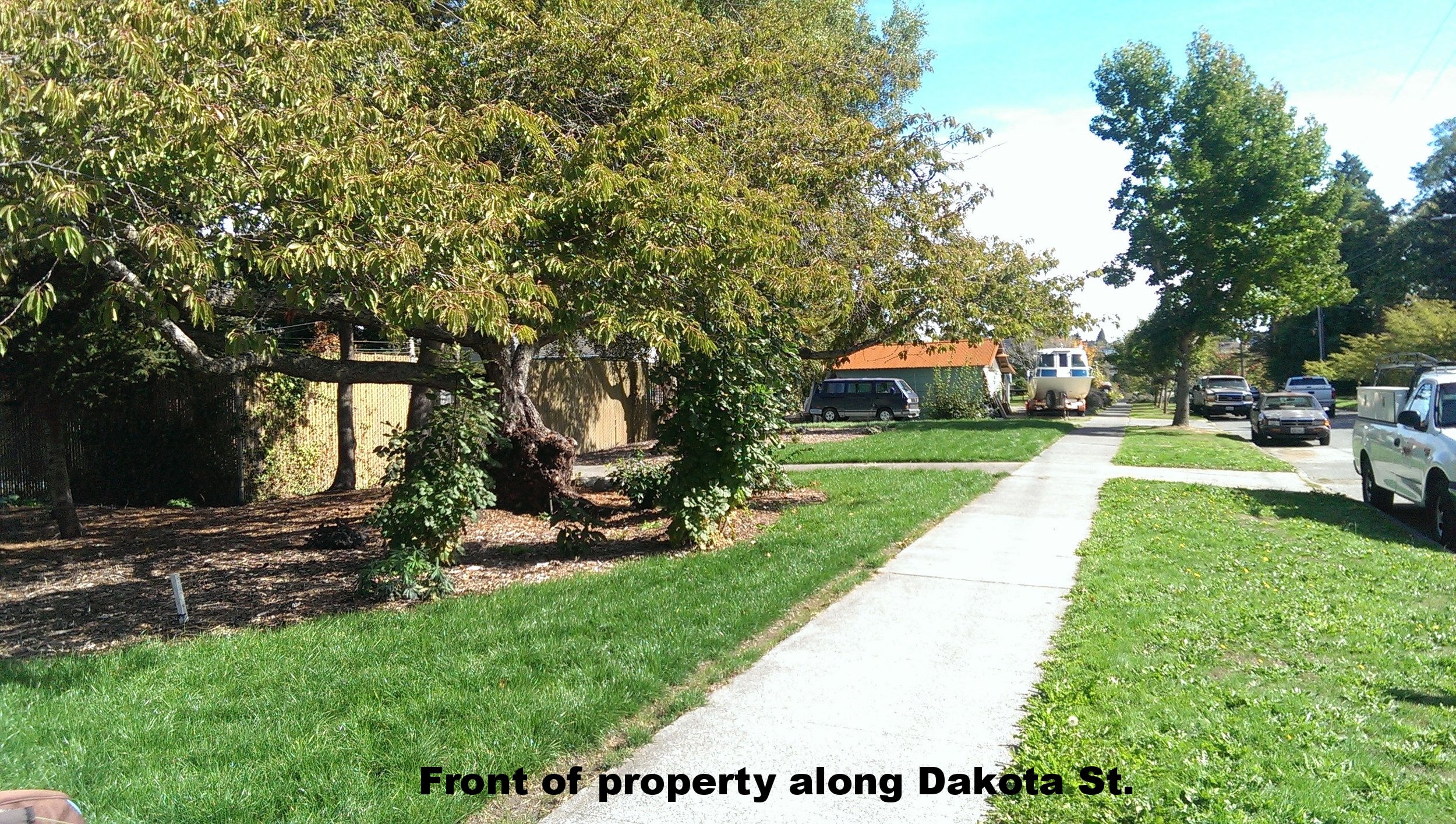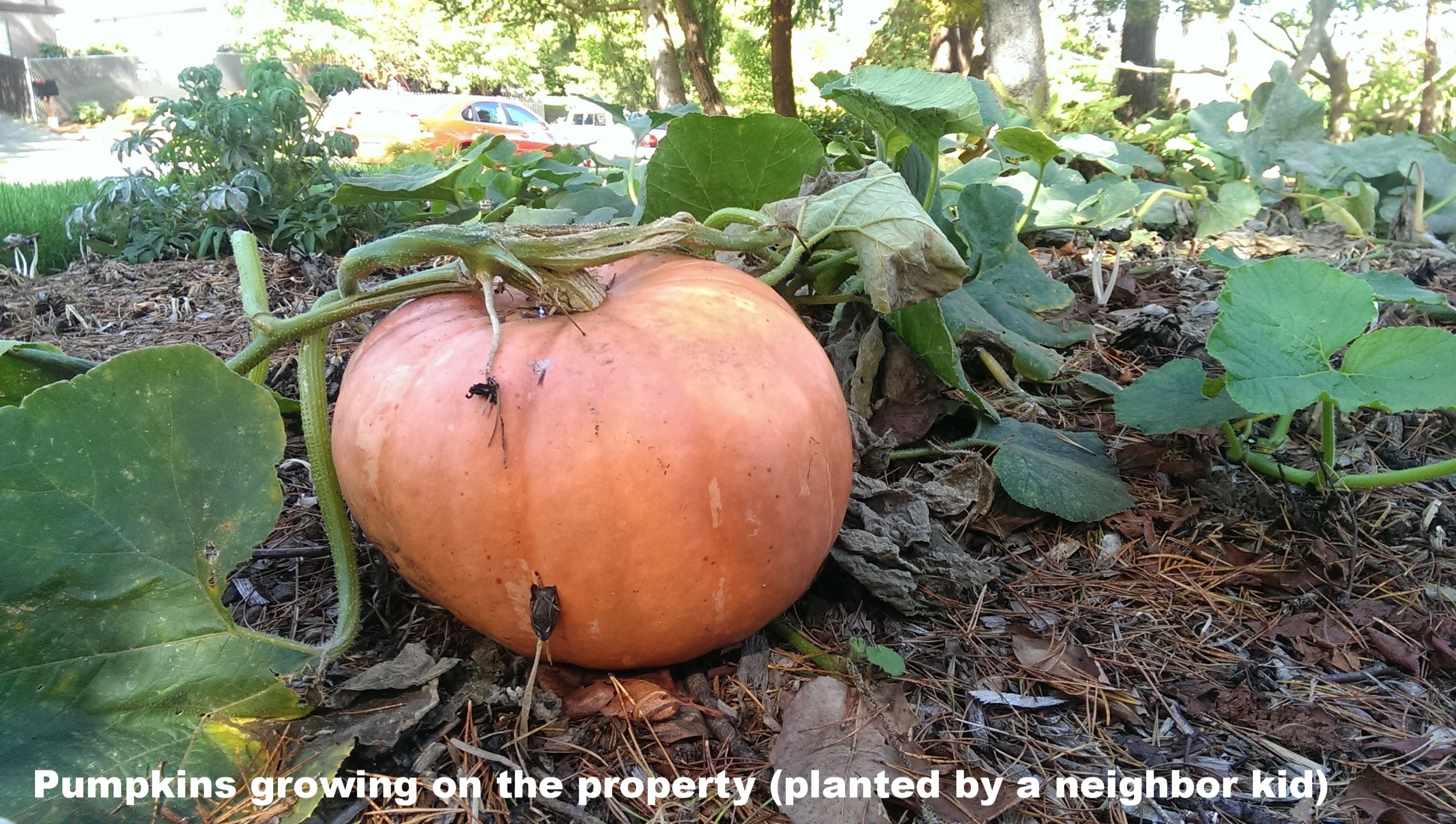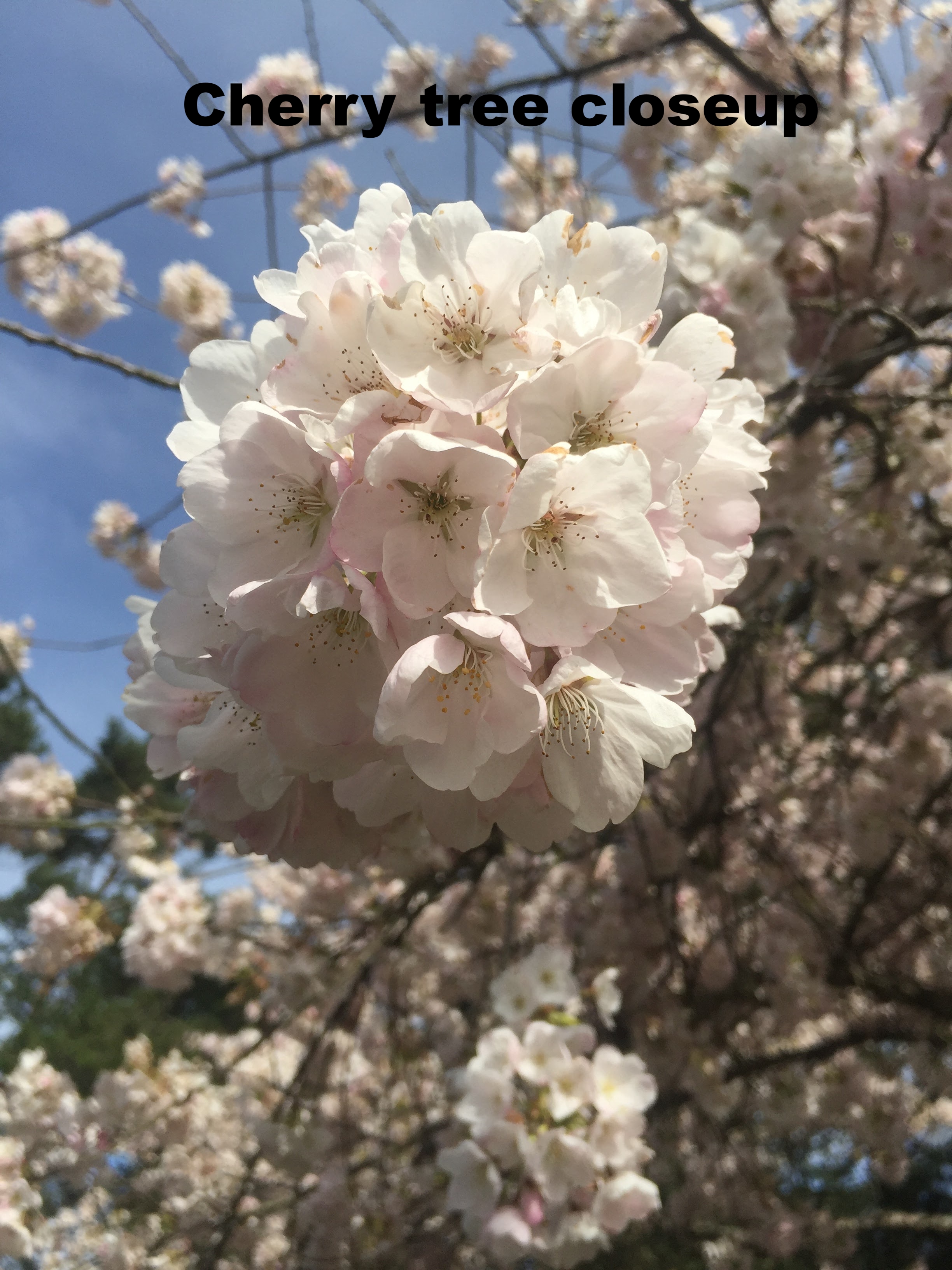The Dakota Homestead Project
The Urban Homestead Foundation was created by a group of Seattleites wanting to save and improve an important green space in our community and create a fun and inspiring neighborhood gathering place with urban agriculture demonstration gardens for Seattle.
We need a few great heroes to save this land for generations to come.
Make this your legacy project.
project details
Our goal is to purchase the decommissioned Seattle City Light substation property in West Seattle on the corner of Dakota and 50th Ave SW. The property is across the street from the new Genesee Hill Elementary School - the largest elementary in Seattle with over 700 students! We have until June 2021to raise the funds to purchase the Dakota substation, valued at $650,000.
Progress so far:
We are the first citizen group ever to receive a King Conservation Futures Grant that will match half of the purchase price, $325,000
We have raised about $45,000 from individual donors like you!
We have received funding from the state community projects program for $150,000
We recently got word that Seattle Parks will be contributing $65,000
This means we only have $65,000 to go before June 2023 - can you help?
Does your company or foundation give grants for community projects? Make the Dakota Homestead your mission project. Impact the lives of 750+ students immediately by saving this land across the street from their school. Secure this nature classroom for their education and the enjoyment of the community.
When the land is purchased, a conservation easement will be applied that will protect it from ever being developed, ensuring it stays a beautiful green space for the community forever.
The Dakota Property contributes to a functioning wildlife habitat system of common and non-native species in an urban environment. The 19 mature trees on the property were planted in the mid 1940s and were evaluated and inventoried by Consulting Arborist and Horticulturist Kyle Henegar in April, 2016. These trees will be cared for and maintained under Urban Homestead Foundation ownership. The property includes 6 exceptional trees (Lodgepole Pines and 1 Pacific Madrone, plus an Ornamental Cherry that is 1 inch shy of exceptional); 11 trees that create an Exceptional Grove (Scots pine, Ponderosa pine, Lodgepole pine, Japanese maple, Pacific madrone, Lebanon cedar); 2 trees of a vulnerable species (Lebanon Cedar); and 3 additional European white birch trees.
We will add an understory of hundreds of food producing plants including fruit trees, berry bushes, groundcover, herbs, flowers and more that will be open to the public for harvesting, and be a source of inspiration and education for the community in how to organically and beautifully produce food in an urban environment.
Our proposed vision for the Dakota Homestead - save the trees, add demonstration gardens with fruit, vegetables, flowers and herbs throughout the property, rain garden, fruit orchard, workshop on the gravel pad, park benches, outdoor cob oven, water catchment and solar systems, greenhouse and space for all people to enjoy!
Immediate Benefits to the Community once purchased:
Community Benefits
Active green space buffer between the neighborhood and the 3 story, 700+ student elementary school across the street.
Gathering place for friends, families, neighbors and community groups. A covered shelter, picnic tables and benches will be installed to encourage community engagement and gathering.
Events and activities open to the public all year such as: summer movie & pizza nights, seasonal festivals, and farm-to-table dinner events.
Emergency Hub for the neighborhood in conjunction with West Seattle Be Prepared and Seattle Neighborhoods Actively Prepare. Disaster preparedness workshops hosted by Seattle Farm School.
Local food hub: drop off site for Farm CSA’s (Community Supported Agriculture), a weekly or bi-weekly subscription delivery of the freshest locally grown produce.
Environmental Benefits
The "Granddaddy" Cherry Tree in full spring bloom at the Dakota substation.
Preservation of 20 mature trees on property (3 types of pine, Lebanon cedar, Madrona, Japanese maple, Cherry and Birch – 6 of which meet exceptional status)
Additional 100+ dwarf fruit trees, fruit bushes, edible groundcover, herbs and pollinator-friendly perennials will be planted in the demonstration urban food forest landscape, based on permaculture methodology.
Annual garden beds for kids planting programs.
Pollinator support: build homes for mason bees (non-stinging) and bat houses to teach the importance of pollinators and their role in the food system. Plant pollinator pathways of perennial flowers and herbs throughout the gardens to support the pollinator ecosystem.
Install a rain garden that helps filter runoff water before it enters Puget Sound.
Educational programs for all ages focused on environmental stewardship and awareness, locally grown food and healthy urban agriculture ecosystems.
Educational Benefits
Urban Homestead Foundation is the first official community partner for Genesee Hill Elementary School across the street, with the goal of providing staff and students opportunities for nature based learning: art, science, math and more!
“Living Laboratory” for local schools and student groups (homeschool, scouts, etc.) to use as curriculum enrichment.
Passive learning through informational plaques that will be installed throughout the property to explain the environmental, economical and energy efficient benefits of each feature.
All ages community workshops hosted by Seattle Farm School and other local organizations featuring urban homesteading skills such as cooking, food preservation, crafts, gardening, alternative energy, emergency preparedness and more.
Seed starting and seed saving workshops in conjunction with the King County Seed Lending Library.
future plans
As we progress through the first few years we will be gathering feedback from the community on how this space could best be used. Some of the possibilities generated so far include:
Green built classroom shelter/workshop on part of the existing cement pad including: metal roof with water catchment system, solar panels, and a wind turbine.
Permanent and expanded location for the West Seattle Seed Lending Library location.
Greenhouse with plant sales that benefit educational programs.
Provide K-12 STEM based learning including: age-appropriate modern day home economics curriculum, environmental education & stewardship, edible food gardening, cooking, and preservation, home finances, safety & first aid skills, emergency preparedness, and nature based art, science and math. Our goal is to eventually serve 10,000 students per school year.






